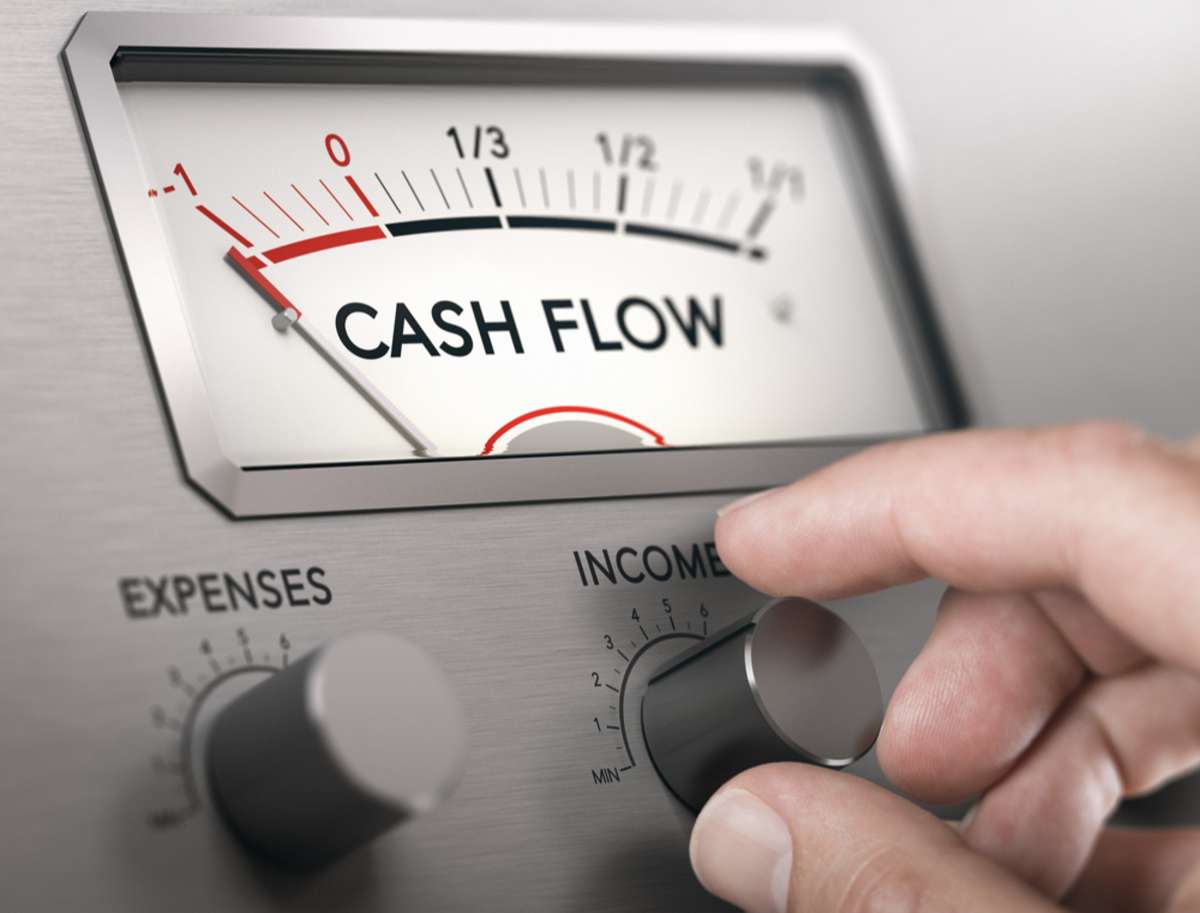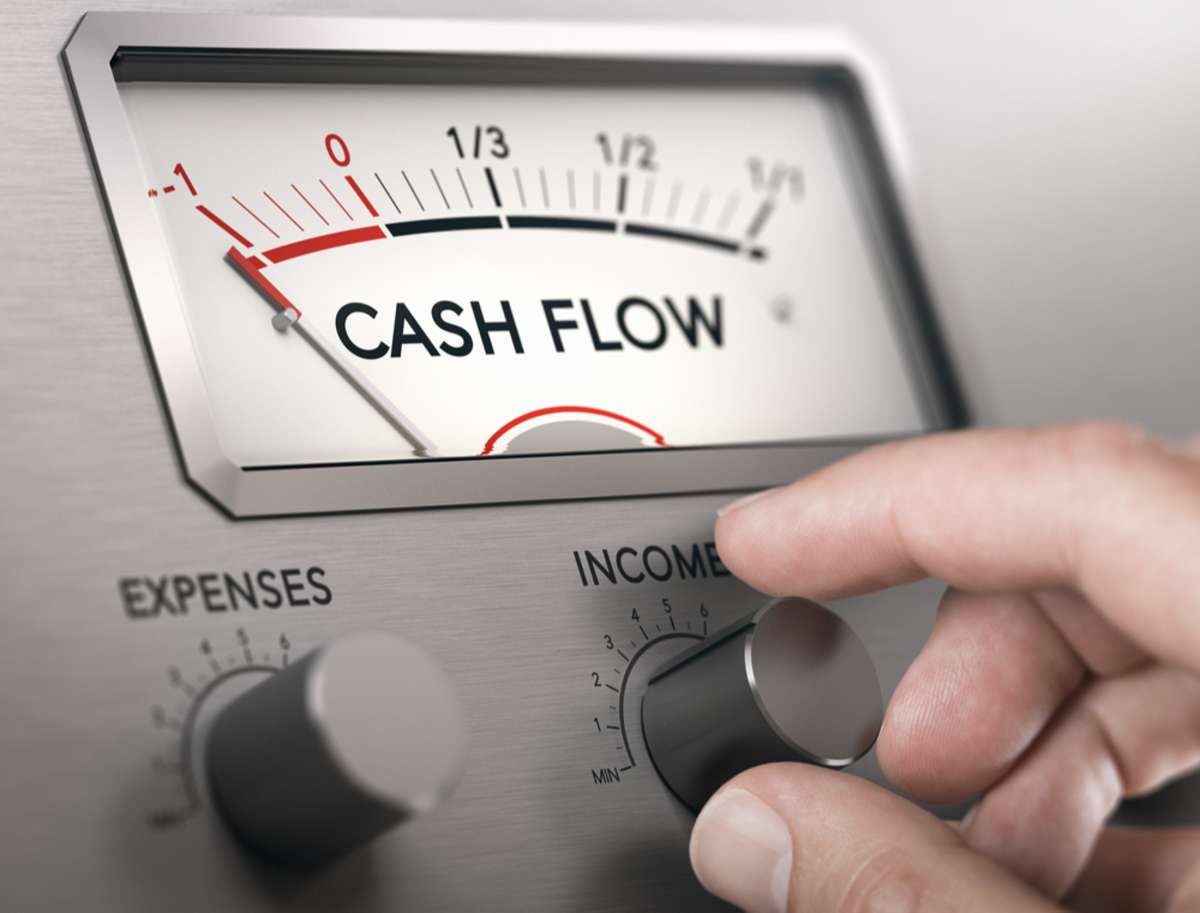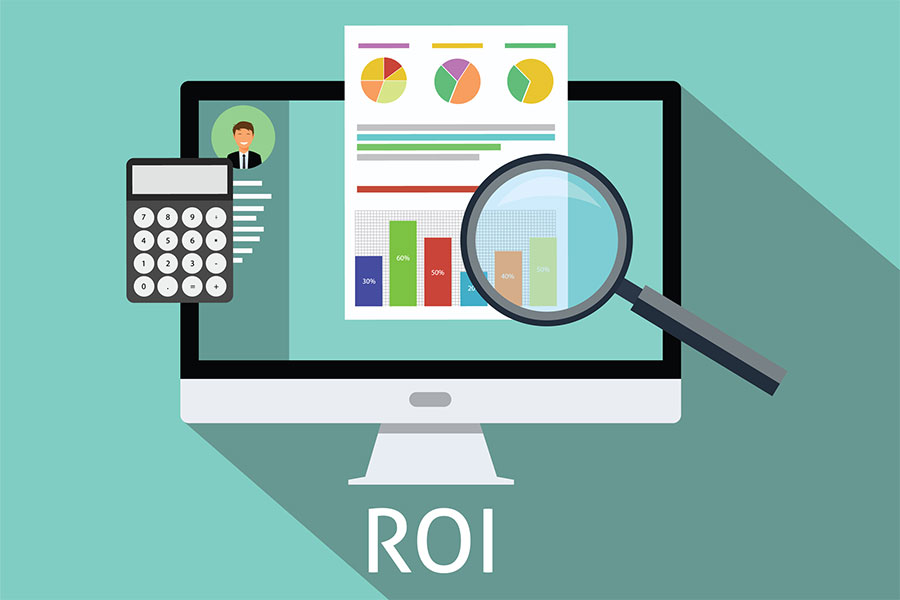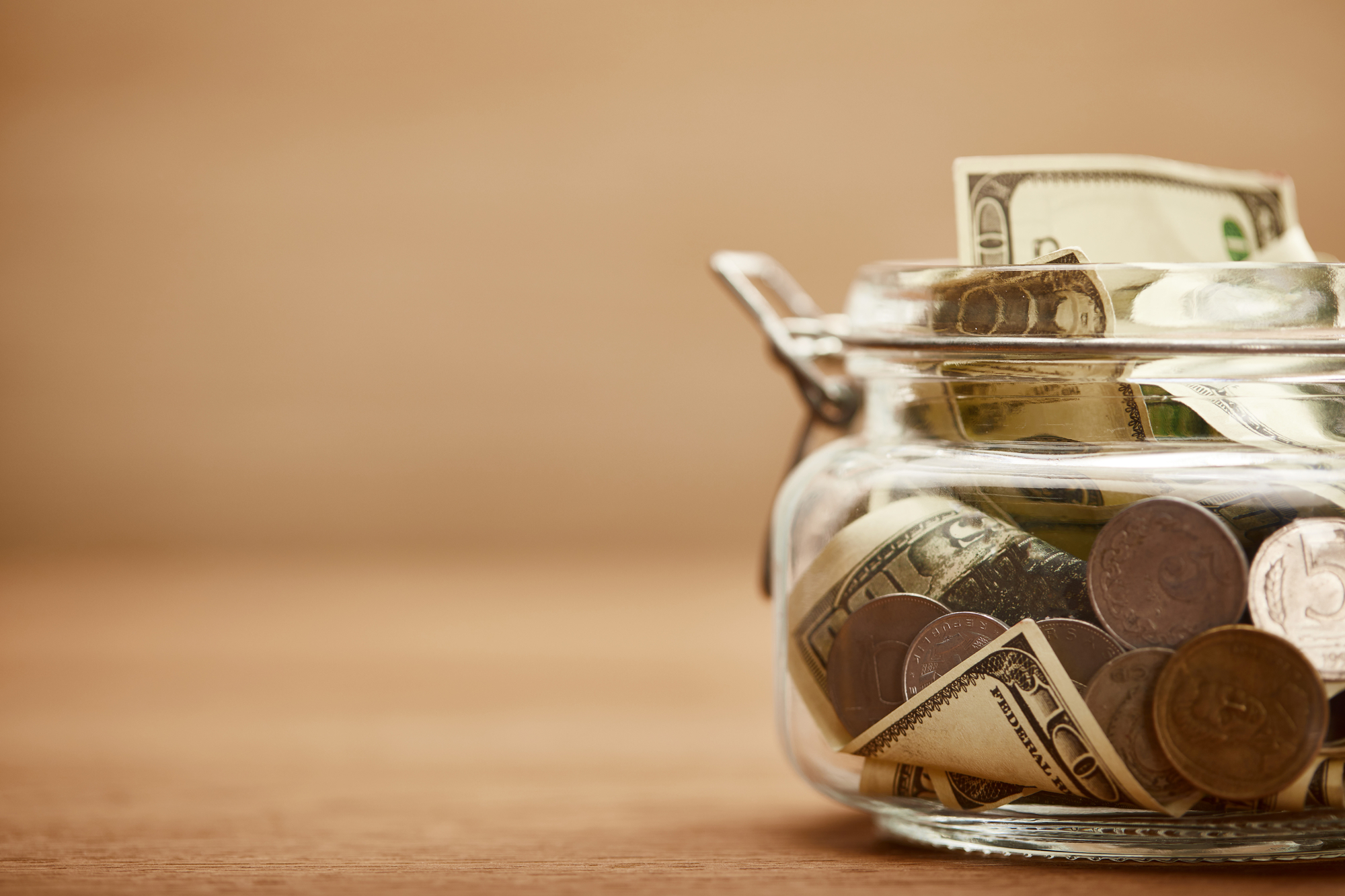Investing in real estate continues to be a great way to build long-term wealth and earn additional income each year. When you are looking to purchase a rental property, investors must understand the potential cash flow and how that matches their ROI goals.
Knowing estimated cash flow numbers is critical before closing on a new investment property. Today, our McKinney property management experts talk about understanding cash flow and how property owners can accurately forecast it for their next investment property.
What is Cash Flow?
There are plenty of financial advantages that can come with purchasing rental investment properties. These can include enjoying long-term value appreciation, monthly rental income, hedging against inflation risks, and building equity by paying down a mortgage payment each month. However, before an investor can experience these benefits, a property must generate sufficient cash flow. Understanding this metric is critical for any passive real estate investor!

Positive cash flow is the amount of money generated by a property each month after paying all expenses. Property owners can calculate this number by subtracting operating costs from rental income. Cash flow can be calculated on both an annual and monthly basis, and various factors need to be considered when running these numbers.
How to Calculate Cash Flow
Calculating cash flow for your rental property can be simplified into income minus all expenses. However, various sources of revenue and expenses need to be considered when building out your formula to forecast for a potential property.
For example, if your monthly rental income is $1,200 and your expenses are $890, including your mortgage payment, insurance costs, property taxes, repair and maintenance costs, and vacancy reserves, your monthly cash flow is $310.
Estimate Potential Revenue
An excellent way to project potential revenue is by looking at local real estate listings and finding rental homes that help you answer the question: how much can I rent my house for. There are also online tools that you can use to determine a fair asking rent. A McKinney property manager can also run a rental market analysis to help determine the ideal monthly rent amount for a property.
Budget Potential Expenses
Once you understand the revenue potential of your property, property owners should also consider the ongoing expenses to operate a rental property. These costs can include:
- A mortgage payment. The most significant expense you will incur as a real estate investor is the monthly mortgage payment for a financed property. Generally, taking out a mortgage will allow an investor to get into a property while paying it off every month. Property owners must deduct mortgage costs from cash flow projections.
- Property taxes and insurance premiums. Property owners pay taxes on an investment. It’s also smart to protect a property with insurance coverage. Work with a property manager to understand how the assessment process works in the North Texas area to project potential tax rates over the next few years. An assessment change could lead to an increase in your tax bill in the coming years, which should be taken into consideration.
- Residential property management. A company offering professional McKinney property management services can be very helpful in managing properties and tenants to maximize returns. However, they do come with a cost. Property management costs are often around 10% of the rental income.
- Maintenance and repairs. While they can be less predictable from month to month, it is crucial for investors to budget for maintenance and repair costs. Generally, property managers recommend reserving around 10% of their rental income each month to prepare for future maintenance and repair needs. This ensures that you have the capital set aside if a major repair is needed. If you have additional reserves in place, it may be a good idea to invest in the property to improve it, allowing you to increase the rent.
- Utilities. Depending on the type of property you own and your arrangement with renters, you might have gas, electricity, and water expenses. While some utilities can be passed on to the tenant, the landlord will incur others. Additionally, those that own condos as rental properties could also have an HOA fee.
- Vacancy reserves. Even if you are buying a property in an area in McKinney that has a lot of demand, property owners must account for some vacancy time for a property. Property management companies recommend being prepared for by setting aside a vacancy reserve of 5-10% of your monthly income.

When real estate investing, work with a property management company to collect accurate estimates for these numbers, then run a cash flow analysis before closing on your next investment property!
Maximize Cash Flow With a McKinney Property Management Company!
Maximizing returns and cash flow helps investors find more success with rental properties! By following these tips, property owners can accurately forecast potential cash flow for their next investment property. If you’re looking into the North Texas area, let our McKinney property management experts help! RentHub has the experience investors need to buy, sell, and rent properties for optimal ROIs.
Learn more about returns with our free tool to Calculate Your Rental Property ROI!
Calculate Your ROI





